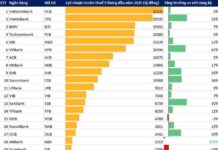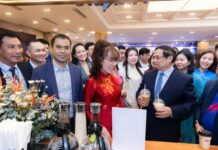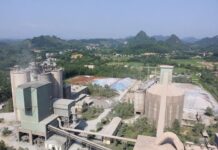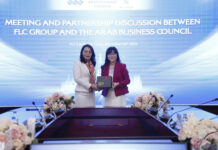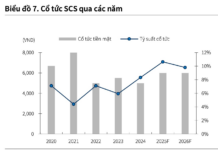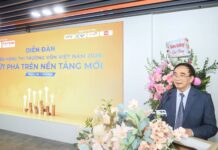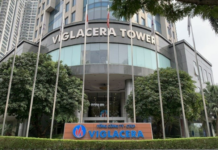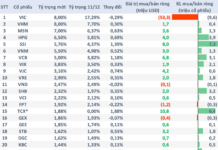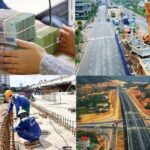On July 30, at the headquarters of the Ministry of Industry and Trade, Deputy Minister Nguyen Hoang Long had a working session with Mr. Yamada Takio, Ambassador in charge of the Asia Zero Emissions Community Initiative of the Japanese Government (AZEC) and advisor to the Ministry of Foreign Affairs of Japan.
AZEC is an initiative on the Asia Zero Emissions Community proposed by Japanese Prime Minister Fumio Kishida to the Japanese Parliament on January 17, 2022, and at the World Economic Forum on January 18, 2022. In Vietnam, AZEC has been assigned by the Prime Minister to the Ministry of Natural Resources and Environment as the lead agency.
Accordingly, AZEC plays a role in promoting public-private partnerships and private sector collaboration to accelerate regional energy transition.
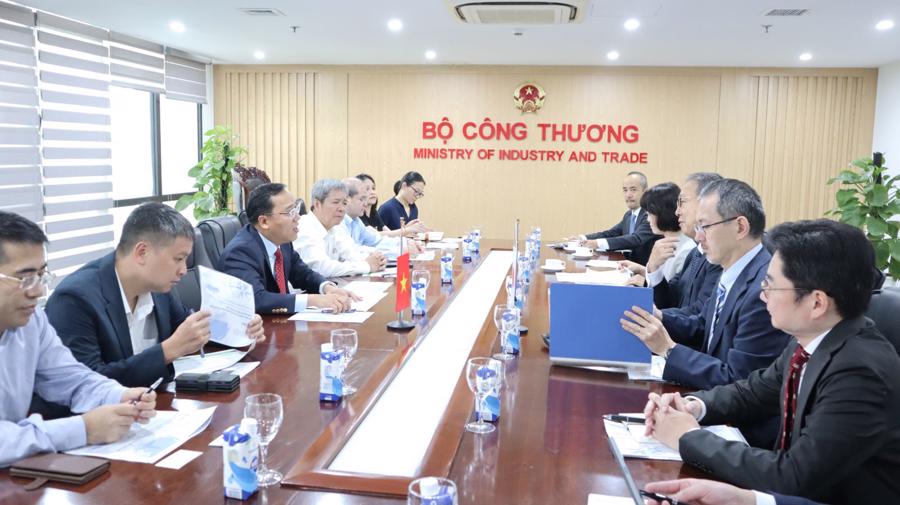
ASEAN countries highly appreciate this initiative of Japan, and AZEC also contributes to Vietnam’s implementation of its commitments at COP26. Vietnam and ASEAN always value the relationship with Japan.
Up to now, ASEAN-Japan cooperation has expanded into many fields, and in the future, it is expected to further promote potential cooperation areas such as green economy, digital economy, circular economy, and green energy…
The Department of Electricity and Renewable Energy (Ministry of Industry and Trade), together with the Embassy of Japan and the Japan International Cooperation Bank (JBIC), established a working group to promote AZEC with some support goals: energy transition, green transition; renewable energy production such as rooftop solar power development, offshore wind power, waste-to-energy, biomass power; power systems and electricity markets.
At the working session, the two sides agreed to focus on researching and developing the diversification of clean energy sources and new technologies in the next period.
At the same time, promote technology transfer to ensure that clean energy sources are widely accessible and ensure a suitable clean energy transition for each country.
In addition, strengthen cooperation in training high-quality human resources, smart governance, and perfecting modern market institutions suitable for each country’s conditions.









